Twenty-one North East stores close immediately as Game collapses
Twenty-one Game and Gamestation shops in the North East are among the 277 stores that have closed immediately following Game Group’s collapse into administration this morning.
While the administrator, PwC, seems reasonably optimistic about selling a slimmed-down Game of 333 shops to one of “a number of parties who have expressed an interest in purchasing part or all of the business and assets of the group”, that’s of little consolation to the 2,104 people who will be made redundant from the stores already closed down.
CEO Ian Shepherd, who resigned once the business fell into administration today, summed it up when he tweeted this evening that “it breaks my heart to see a business made up of such magnificent people come to this.” Seemingly referring to the reported reluctance of Game’s lenders – including state-owned RBS – to support an earlier rescue deal, he also added that “I think we should have been able to avoid it.”
As far as the impact on the North East’s high streets are concerned, some of the stores closed today – such as Durham’s Prince Bishops and Jarrow’s Viking Precinct – are in good locations with low retail vacancy rates, and shouldn’t struggle too much to attract new occupants. In other cases, however, the closures heap extra pressure on retail centres that are already having to work hard to stay afloat, some of which – such as Peterlee – have already lost their Peacocks store just a month ago.
So, what has led to the collapse of a retailer that was still able to make a handsome pre-tax profit of £119m just three years ago?
Part of it, certainly, is the same movement towards downloadable media and online streaming that has presented challenges for HMV. If I’m using my PS3, there’s clearly an appeal in being able to immediately download a game without even having to move from the sofa. Similarly, like HMV, it can be dangerous to be almost entirely reliant on the vagaries of someone else’s product: thriving if there are popular new releases of games or consoles, but relatively powerless if nothing very exciting is being released.
Game has clearly also created some of its own challenges. With over 600 shops – more than twice the size of HMV – the estate was clearly too large, with the acquisition of Gamestation, in 2007, resulting in too many overlapping stores. You have to question, for example, whether Newcastle city centre really needed four stores in a small area – three of which have now closed – or the logic of Stockton having shops in both Wellington Square (Game) and around the corner in the High Street (Gamestation).
For a retailer dedicated to entertainment, too many of the stores also seemed to be dreary and unwelcoming, with frontages that you could easily walk past without noticing. My impression is that Game also managed to sanitise some of the quirkiness and small-chain appeal that people used to most like about Gamestation.
That’s not to say that there isn’t a place for a high-street games retailer. Newcastle-based Grainger Games, for example – barely a tenth of Game’s size, with around 65 often-compact stores – appears to be doing well, seemingly striking a chord with its bold personality (not everyone’s cup of tea, mind you), its particular strength in pre-owned games, and its presence across both bricks and clicks. Perhaps it’s no coincidence that Grainger Games has shops in every one of those North East retail centres from which Game has made an exit today?
For all that downloads and online stores are changing the entertainment retail landscape, it’s clear that many gamers do still value a place on the high street where they can not only experience the product but also feel part of a wider gaming community. If it’s to survive, the slimmed-down Game needs to be less reliant on the new release schedule and more in charge of its own destiny: bringing a bit of pizzazz and theatre back to its stores, being brilliant at harnessing the opportunities of multichannel, and – above all – giving shoppers a compelling reason to put down their consoles and visit in person.
The list of closed Game and Gamestation stores in the North East (taken from Retail Week’s full list) is:
- Ashington: 12 Station Road
- Bishop Auckland: 59 Newgate Street
- Cramlington: 4 Dudley Court
- Durham: Unit SU40, Land Of The Prince Bishops Shopping Centre
- Hartlepool: 92 Middleton Grange Shopping Centre
- Jarrow: 25 Viking Precinct
- Metrocentre: Unit 112, Lower Blue Mall
- Middlesbrough: 108 Linthorpe Road
- Newcastle: 8 High Friars, Eldon Square
- Newcastle: Fenwicks Concession
- Newcastle: 78 Grainger Street
- North Shields: Comet
- Peterlee: 21 Yoden Way
- Redcar: Unit 8, Regent Centre
- South Shields: 89/91 King Street
- Stockton-on-Tees: Unit SU32, Wellington Square
- Stockton-on-Tees: 134B High Street
- Sunderland: 251 High Street West
- Sunderland: 27 Blandford Street
- Washington: 30 Albany Mall, The Galleries
- Washington: 26 Albany Mall, The Galleries.

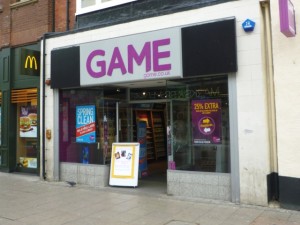
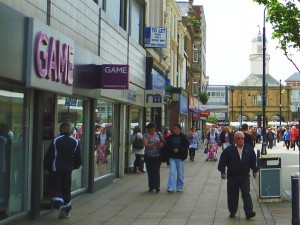
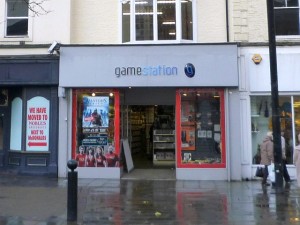
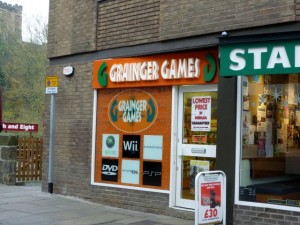
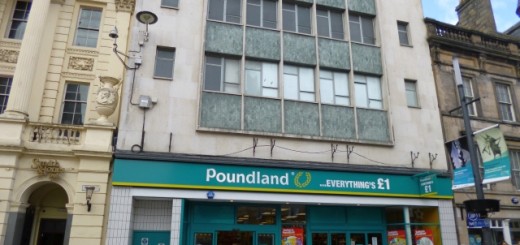
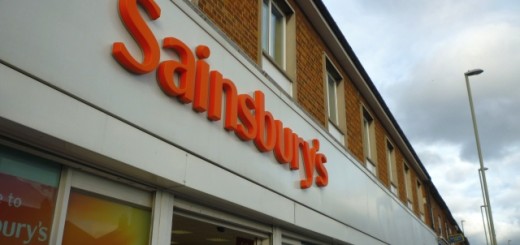
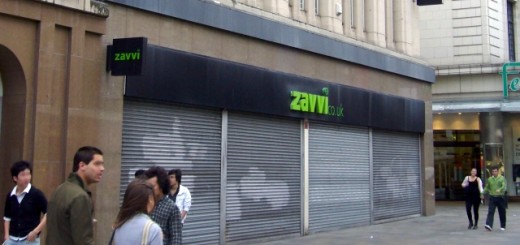
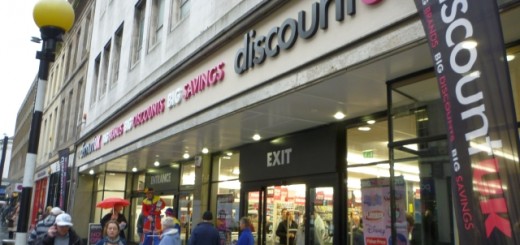



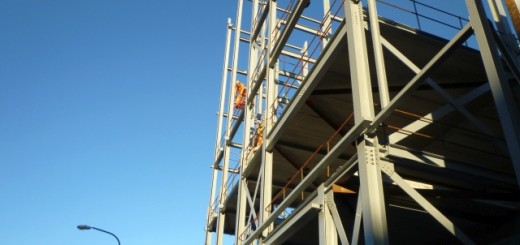
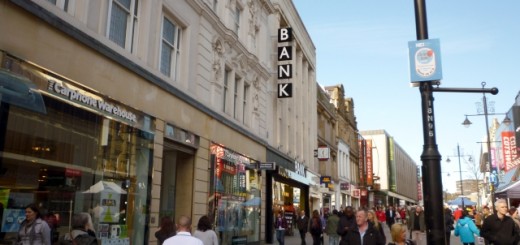
1 Response
[…] Metrocentre, interestingly, the expected closures also follow the recent losses of Peacocks and Game or Gamestation stores in both those centres. This inevitably raises some questions over what’s going on in […]